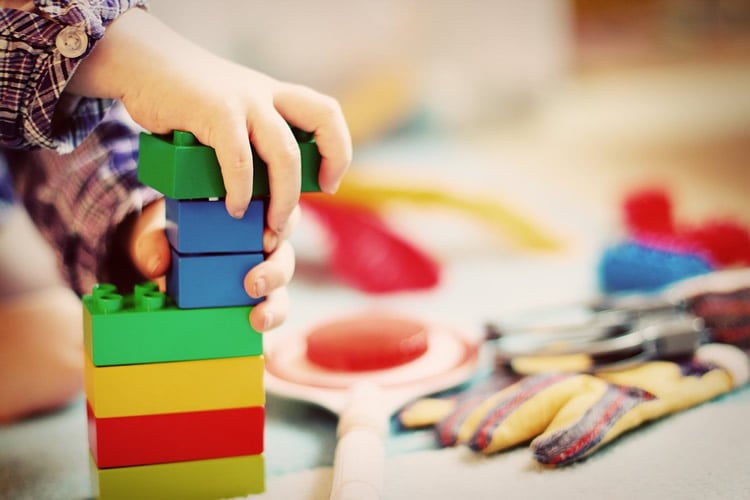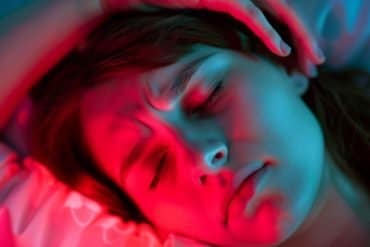Summary: Results from a phase 3 study reveal Cannabidiol (CBD) cuts seizures by almost 50% in children with Dravet syndrome.
Source: AAN
Taking a pharmaceutical formulation of cannabidiol, a cannabis-based medicine, cut seizures nearly in half for children with a rare and severe type of epilepsy called Dravet syndrome, according to a phase 3 study released today that will be presented at the American Academy of Neurology’s 71st Annual Meeting in Philadelphia, May 4 to 10, 2019. Dravet syndrome, which starts in infancy, can lead to intellectual disability and frequent, prolonged seizures. Cannabidiol is derived from marijuana that does not include the psychoactive part of the plant that creates a “high.”
“It’s exciting to be able to offer another alternative for children with this debilitating form of epilepsy and their families,” said study author Ian Miller, MD, of Nicklaus Children’s Hospital, formerly Miami Children’s Hospital, in Florida. “The children in this study had already tried an average of four epilepsy drugs with no success and at the time were taking an average of three additional drugs, so to have this measure of success with cannabidiol is a major victory.”
The study involved 199 children with an average age of 9 who were divided into three groups. One group received 20 milligrams per kilogram (mg/kg) per day of cannabidiol, the second group received 10 mg/kg per day and the third group received a placebo.
Seizures were recorded for four weeks before the treatments were started to establish a baseline. Then the participants received the treatment for 14 weeks. By the end of the study, seizures with convulsions had decreased for those taking the high dose of the drug by 46 percent and by 49 percent for those taking the lower dose of the drug, compared to 27 percent for those taking the placebo.

Total seizures reduced by 47 percent for those in the high dose group, by 56 percent for those in the lower dose group and by 30 percent for those in the placebo group. In the high dose group, 49 percent of the participants had their seizures cut in half or more, compared to 44 percent in the low dose group and 26 percent in the placebo group.
All of the groups reported side effects, with 90 percent of the high dose group, 88 percent of the low dose group and 89 percent of the placebo group. The most common side effects were decreased appetite, diarrhea, sleepiness, fever and fatigue. About 25 percent of those in the high dose group had serious side effects, compared to 20 percent of those in the low dose group and 15 percent of those in the placebo group. Only participants in the high dose group stopped taking the drug due to side effects; that number was 7 percent.
“Based on these results, dose increases above 10 mg/kg per day should be carefully considered based on the effectiveness and safety for each individual,” Miller said.
Funding: The study was supported by GW Research Ltd, developer of cannabidiol. In the United States, GW operates through its affiliate, Greenwich Biosciences, Inc.
Source:
AAN
Media Contacts:
Renee Tessman – AAN
Image Source:
The image is in the public domain.
Original Research: The findings will be presented at the American Academy of Neurology’s 71st Annual Meeting.






